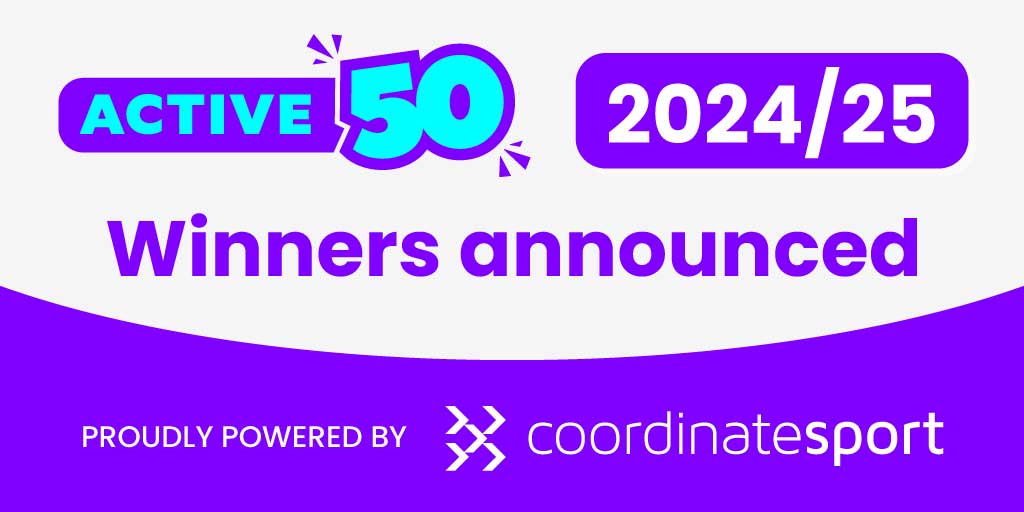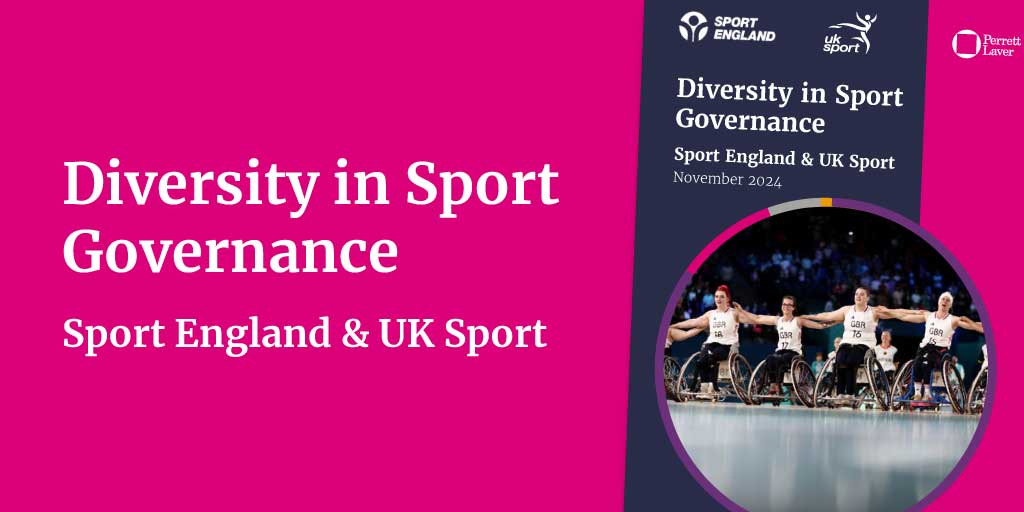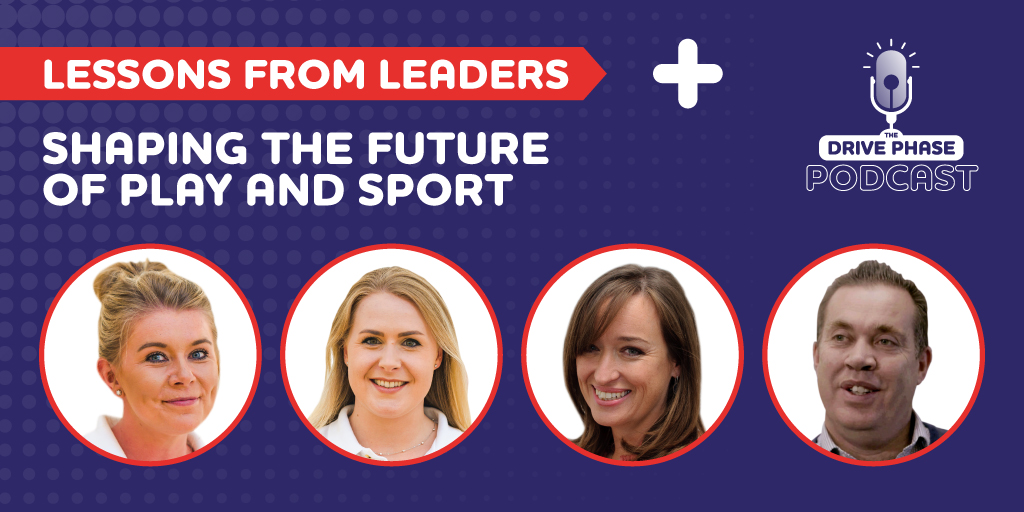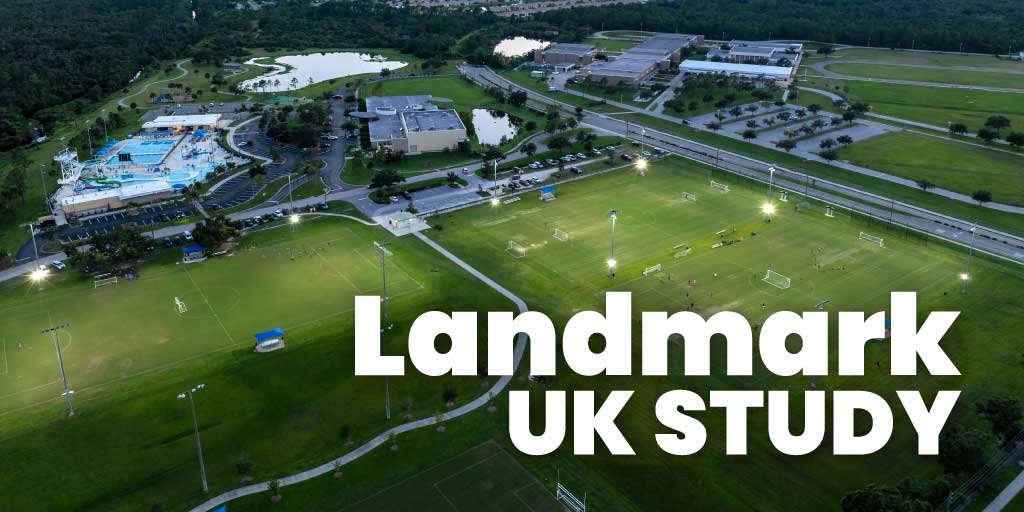Many children have shown reduced emotional and mental health, with disadvantaged children suffering the most without the structure of school. To keep to government regulations, schools were not able to offer extracurricular activities, offering both academic and non-academic options.
To cope with falling levels of literacy and numeracy skills, primary schools often increased their focus on core subjects to the detriment of physical activity. Alison Oliver, CEO of Youth Sport Trust, commented:
“The findings today from the DfE Recovery Research are of huge concern and should prompt immediate action in us all.”
“Physically active children are happier and achieve higher levels of academic attainment than their less physically active peers. Schools using Active Recovery Curriculums are flourishing through the prioritisation of physical activity to support outcomes for young people following the pandemic.”
“PE and sport are not a ‘nice to have’ in children’s lives, and today more than ever they are essential to their physical, social and emotional development. We ask the government to not delay on delivering the detail of a joined-up School Sport and Activity Action Plan and move much more quickly.”
To read the report’s findings, please see here.









